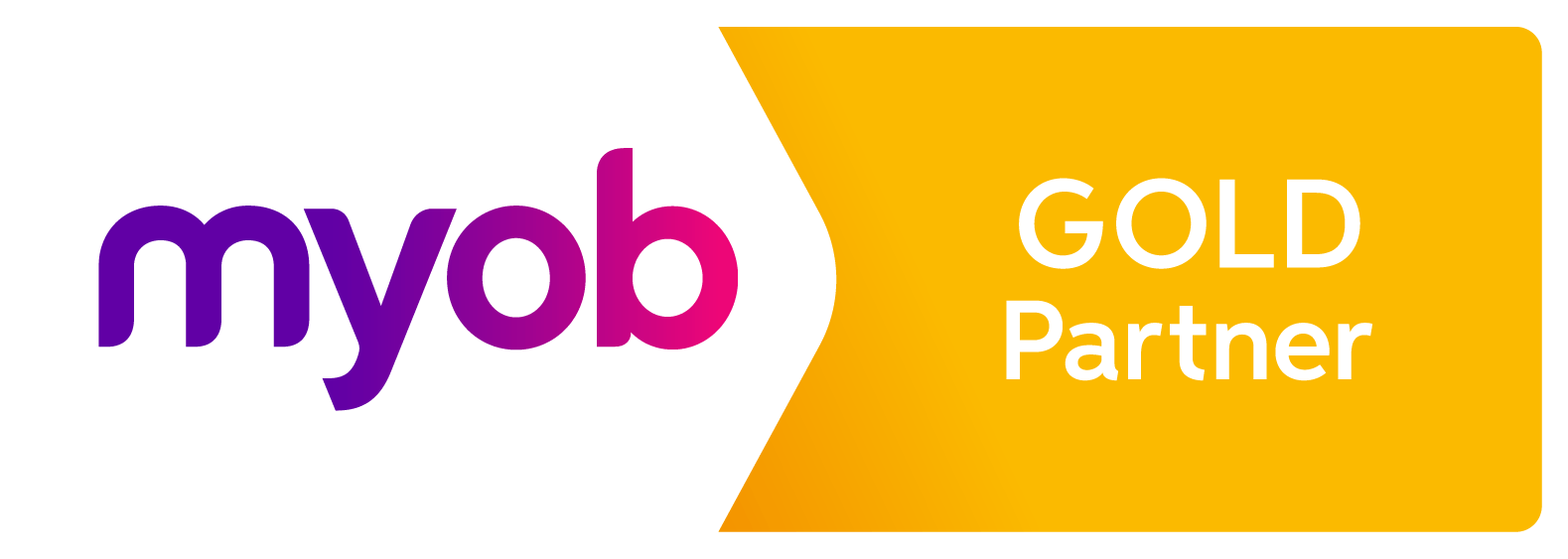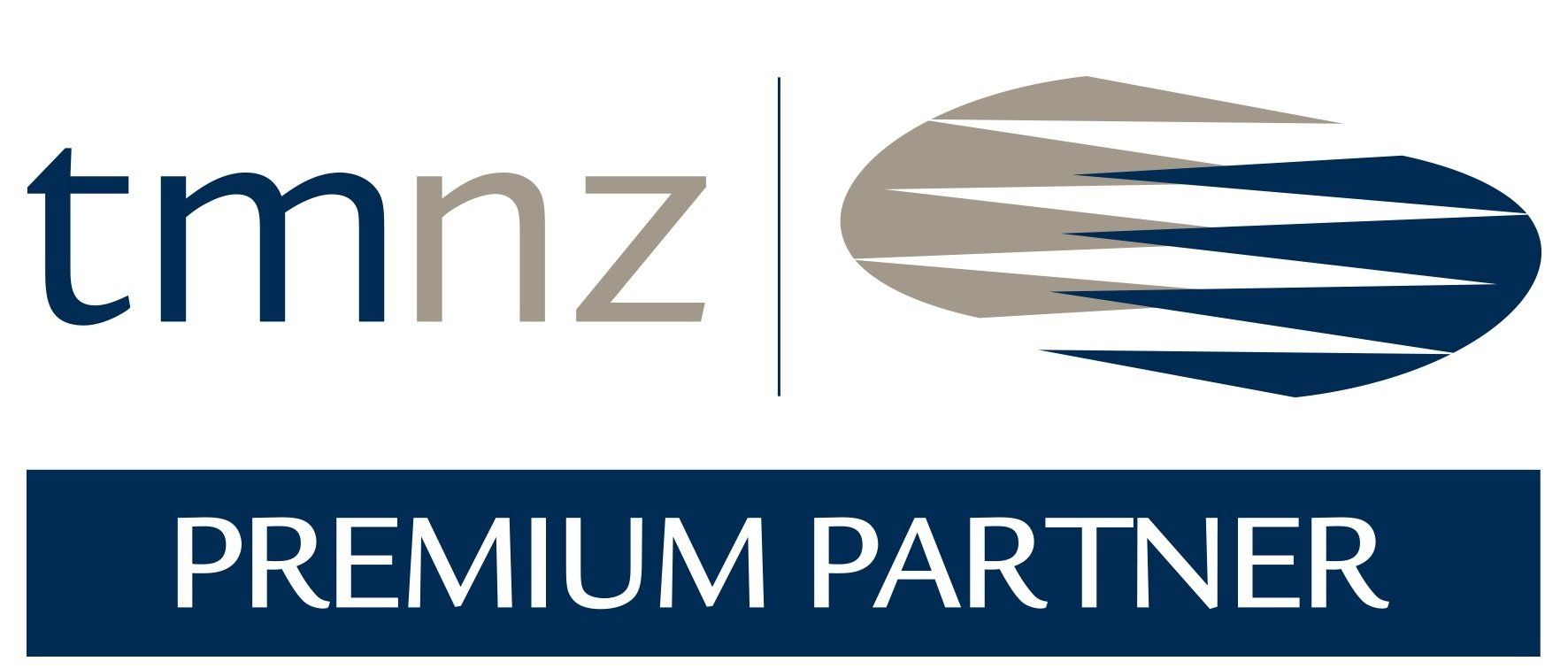CG Update May 2024 - Rural Edition
CG Update May 2024 - Rural Edition
End of Financial Year:
- Businesses with a May balance date will receive a green questionnaire from us.
- Whilst providing a checklist for you, this questionnaire is also your instructions for us to compile your financial statements and tax returns.
- We are required to keep your questionnaire on file, PLEASE SIGN AND SEND IT IN.
Livestock Numbers:
Here are a few tips to help you accurately record your livestock numbers.
· It is a lot easier if it’s done on or near to balance date.
· Don’t include heifers coming into the herd in the cow numbers, these are R2 heifers at 31 May.
· Calves born after last year’s balance date and before this year’s balance date are categorised as Rising 1. Autumn-born calves are R1 calves at 31 May. Please show 2024 autumn-born calf numbers separately on the questionnaire.
· Don’t forget to include carry-over cows, stock out grazing or leased out that you own.
Farmer Outlook
· For May balance date Fonterra farmers, your payout for the 2024 financial year will be about $8. This is made up of last years deferred payments of $1.39 and the $6.55 advance for this season.
· Although milk price is lower compared to 2023, costs also appear to have been lower which means profits did not drop as much as was expected earlier in the season.
· Early indications are for a higher payout for 2025. The NZX Futures market is currently predicting about $8.40 - $8.50.
· All going well, interest rates should be at their peak which would suggest that if you are going to fix, a shorter term is better.
· Cashflow is going to be tight for many farmers through the winter. Based on the current Fonterra Schedule, the July retro payment is going to be minimal at 10 cents.
· Pay attention to your costs and work to minimise the impact of these price increases on your business where possible.
· Banks do have a positive long-term outlook on Dairy Farming. Be proactive around your requirements. Start with a budget and don’t be afraid to discuss interest rates with them.
· Remain optimistic and maintain a long-term view.
Provisional tax – 28 June instalment:
May Provisional taxpayers will soon receive their last instalment notice for the 2024 provisional tax commitment which is due on the 28th June 2024.
- Using IRD’s standard uplift calculation, this tax payment is based on your 2023 tax return plus an uplift of 5%.
- In some cases, we will be reviewing your actual profit for the year to date in order to give you a better estimate of what you need to pay for the 2024 year. We may be able to adjust your payment accordingly.
- To assist us, please send in your GST paperwork ASAP in June and let us know your production for the year.
- Please talk to us if you would like us to review your provisional tax payment notice we send out or would like to defer the timing of your tax payments.
Tax Deferral options:
Rather than using your overdraft to pay your tax, there is an option to defer the tax payment using Tax Pooling.
· We use Tax Management New Zealand (TMNZ) and can defer the tax payment for an interest cost that is cheaper than that charged by the IRD.
· A common scenario is clients deferring their 28 June tax payment until November when cashflow is picking up. Talk to us if this is of interest to you.
Xero Software:
Due to our banklink (MYOB) GST processing software being made obsolete, we have converted most of our clients to Xero in the past few months. We will be processing your 2024/25 records in xero from 1 June 2024.
For those of you who we prepare your GST returns for, there is no real change apart from the GST cashflow reports you receive from us will look different to what you have received in the past.
For those of you who will be processing your own records and GST returns in Xero, we will have some training with you once some of your live data is available. Remember we are always here to help so please contact the team at any time if you are unsure.
Budgets:
Now is a great time to put together a budget for the 2025 season:
- It is important to have a robust financial plan rather than relying purely on good fortune.
- It helps you clarify the decisions you need to make.
- It will give direction on where you are going.
The key then is to monitor your actual performance compared to your budget, compared to last year and even an estimate of your end of year position based on a combination of your actual and budget figures. We can provide that information by adding the Figured software to your Xero subscription.
Please let us know if you would like us to assist you with a budget, we have all your financial information and history.
Wages & Payroll:
If you’re having headaches with paying your wages and filing your PAYE, we have a dedicated team working specifically on employment and payment of staff.
· We can also handle your IRD filing requirements.
· If you are wanting help with employment agreements, wages calculations for new or existing employees, or final pay calculations, please contact us.
· We can advise on payroll software which can be used for keeping timesheets and preparing wages payments and filing with the IRD.
Minimum Wage:
The minimum wage from 1 April 2024 is now $23.15 per hour.
You may need to check what hours your staff are working to ensure they’re at least being paid the minimum hourly rate, particularly over the calving period.
It’s better for you to pay your staff fortnightly rather than weekly so the payroll covers the typical roster and includes days off.
Accommodation:
A house with the job is a point of difference that farm employers should be using to attract workers.
· Farmers who provide accommodation to staff as part of their package should use market value rents as the taxable value of the house is included in the wage calculation.
· A higher house value also helps you meet minimum wage requirements.
Wages to children:
Wages to children are taxed at source like other wages. Paying your kids for getting the cows in or pulling weeds is still very tax efficient as they’ll mostly fall within the 10.5% tax threshold. To ensure that a tax deduction is permitted:
- The wages should actually be paid, we recommend an automatic payment into the child’s bank account.
- You need to register as an employer.
- The wages must be for genuine work done and must be at a market rate. There is no minimum wage for children under 16.
- The child must complete an IR330 and have PAYE deducted.
- All employees, including your own children, require an employment contract.













